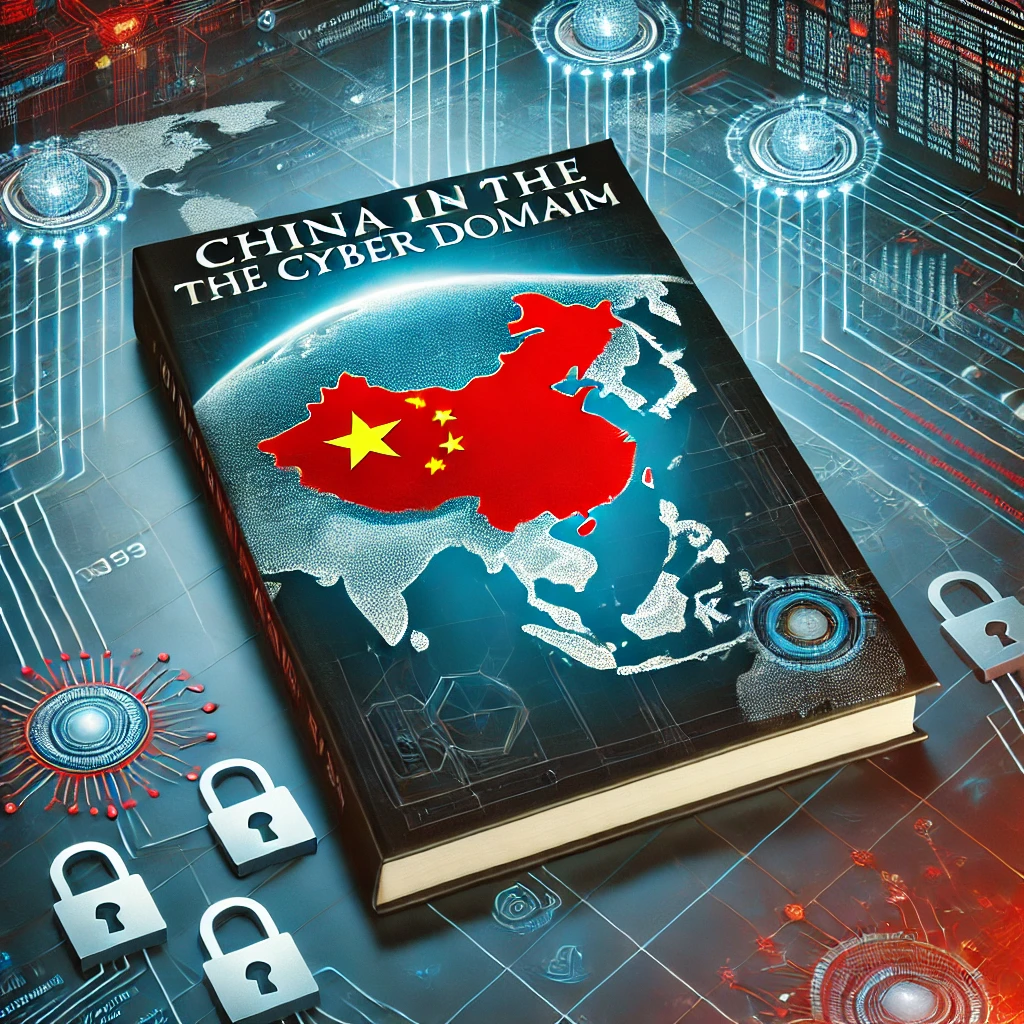In today’s rapidly evolving digital age, the cyber domain has become a battleground for geopolitical power plays, economic dominance, and national security. China’s role in this dynamic sphere is critically examined in the book “China in the Cyber Domain,” available on Prints Publications. This insightful work delves into China’s strategies, policies, and influence in the global cyber arena, shedding light on a subject that is both timely and crucial for understanding global affairs.
China’s Growing Influence in Cyberspace
China’s rapid rise as a global power is not limited to its physical infrastructure and economic strength; its presence in the digital world has been equally transformative. The book “China in the Cyber Domain” provides an in-depth look into how the Chinese government has prioritized cyber capabilities as a key aspect of its national strategy. The nation has invested heavily in building its digital infrastructure, from state-sponsored cyber intelligence initiatives to its technological innovations and internet governance policies.
This book addresses key aspects such as:
- Cybersecurity Policies: It details how China has developed its cybersecurity laws and policies to defend its digital borders and control its internal information flow. Through strategic measures like the Great Firewall, China has created an internet environment that suits its interests, while also engaging in cyber diplomacy to extend its influence globally.
- Technological Innovation and Development: The book explores China’s advancements in cutting-edge technologies like artificial intelligence, 5G, and blockchain, and how these developments are integral to its cyber strategy. Chinese tech giants like Huawei, Alibaba, and Tencent are highlighted for their pivotal role in expanding China’s reach, not just domestically but also internationally.
- Cyber Warfare and Intelligence: With growing tensions between global superpowers, cyber warfare has become a focal point in modern conflict. “China in the Cyber Domain” thoroughly examines China’s alleged involvement in cyber espionage and its development of military cyber capabilities. The book touches upon real-world examples where China has been accused of conducting large-scale cyber-attacks on governments, businesses, and infrastructure worldwide.
Geopolitics and Cyber Diplomacy
The book also delves into how China is using the cyber domain as a tool for diplomacy. As a leader in internet governance forums and a major influencer in international cyber policy, China seeks to reshape the global rules and norms of cyberspace. It positions itself as an advocate for “cyber sovereignty,” promoting the idea that nations should have the right to control their own digital infrastructure without external interference.
This stance is particularly relevant in light of ongoing international debates about data privacy, freedom of speech, and internet regulations. The book illustrates how China’s vision of a regulated, state-controlled internet has clashed with the more open and decentralized models championed by the West, especially the United States and Europe.
The Impact of China’s Cyber Ambitions on Global Security
China in the Cyber Domain provides readers with an understanding of how China’s cyber ambitions are impacting global security. From alleged cyber espionage campaigns targeting Western governments and corporations to China’s digital footprint in developing countries through its Belt and Road Initiative, the book explores how cyber tools are becoming essential instruments of statecraft.
Furthermore, the book addresses China’s growing influence over international technology standards and its drive to lead the world in emerging tech fields. Through its Digital Silk Road initiative, China is exporting its technology infrastructure, raising questions about the broader implications of this strategy on global cybersecurity and international alliances.
Why This Book Is Essential Reading
China in the Cyber Domain offers a comprehensive and nuanced analysis of China’s strategies and aspirations in cyberspace. It provides valuable insights for policymakers, tech professionals, academics, and anyone interested in understanding the future of international relations in the digital age. The book combines rigorous research with accessible writing, making complex issues surrounding cyber warfare, espionage, and digital diplomacy digestible for a wide audience.
For those concerned about the balance of power in the digital world, this book serves as an essential resource, offering not only a look into China’s current role but also its potential trajectory as a cyber superpower.
